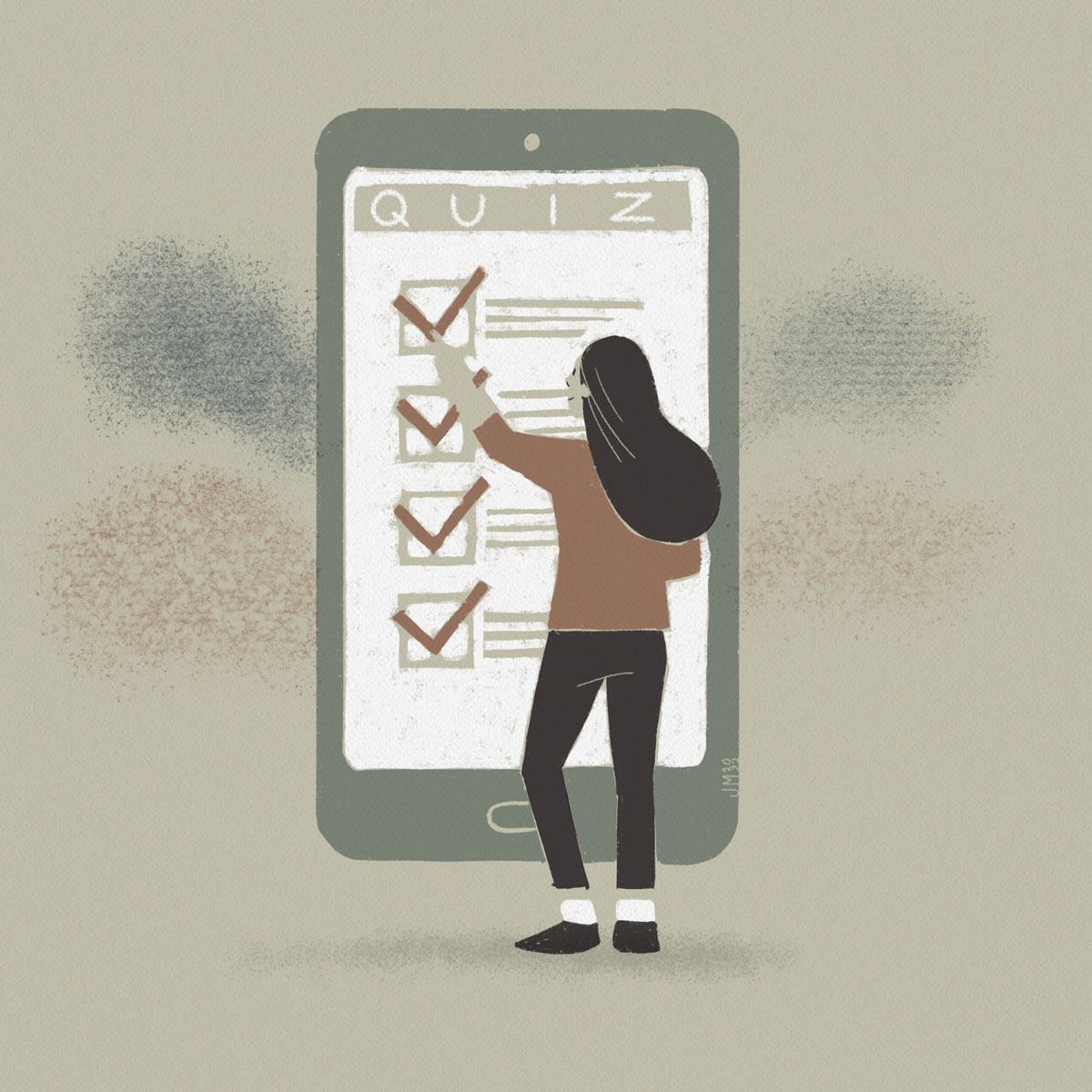ADHD
(attention-deficit/hyperactivity disorder)
ADHD isn’t just an excuse and it doesn’t just affect children. ADHD makes life hard for people of all ages and we can help.
What is ADHD?
Attention-deficit/hyperactivity disorder (ADHD) is a common neurobehavioral disorder characterized by persistent difficulties with executive functioning skills: brain operations that control attention, memory, organization, motivation, impulsivity, hyperactivity, time management, social skills and other processes. These difficulties start in childhood and may persist throughout a person’s lifetime, leading to unstable relationships, impaired school or work performance, low self-esteem and other issues.
Symptoms of ADHD
Children with ADHD may do these things significantly more often than other children:
- Daydream, seem lost thought
- Forget or lose things
- Squirm or fidget, have trouble sitting at the dinner table or at school
- Talk too much
- Make careless mistakes
- Take unnecessary risks, act before thinking
- Have a hard time resisting temptation
- Have trouble taking turns, blurt out answers or frequently interrupt others
- Have difficulty getting along with others
- Take longer to perform tasks or hurry through them
- Have low self-esteem
Adults with ADHD often don’t know they have it – they just know that everyday tasks seem more challenging for them than for most people.
- Life may feel like an endless race to keep up with work, family and social responsibilities, as unfinished projects, chores and paperwork pile up around them.
- They may overlook essential details, get derailed by distractions, lose track of time and miss deadlines.
- They may experience quick, intense emotions and become highly agitated when waiting in line or driving in traffic.
- They may feel as if they perform consistently below their potential and assume that their issues result from laziness, lack of will power or poor self-control.
For adults with ADHD, symptoms typically began in childhood and didn’t go away. If symptoms started after childhood, other diagnoses may be considered.

ADHD Quiz
Immediate feedback
No personal information requested
What Causes ADHD?
ADHD likely is caused by multiple factors including:
- Genetics – ADHD is hereditary and can run in families. If a parent has ADHD, a biological child has a high chance of having it and vice versa.
- Neurological differences – neuroimaging studies point to differences in the structural development and functional activation of several areas in the brain, including the prefrontal cortex.
- Environmental causes – early exposure to environmental toxins, increased stimulation, and diet have been linked to ADHD.
No matter the cause, treatment can help.
Treatment for ADHD
While there is no cure for ADHD, ADHD treatment is often highly successful for improving symptoms and functioning.
- Medication – Stimulant and non-stimulant medications can improve focus, attention and impulsivity.
- Individual and Family Therapy – Psychotherapists help individuals and their families implement beneficial strategies to manage symptoms and improve everyday functioning. Learn more about CBT for ADHD.
- TMS – Transcranial magnetic stimulation is a non-invasive treatment that uses electromagnetic pulses to stimulate nerve cells in the brain to improve symptoms of ADHD.
Why Seek Help for ADHD?
Untreated ADHD damages the things that matter most: relationships, quality of life, productivity, and mental health.
It is linked to many negative outcomes, including:
- Academic and professional underachievement
- Poor self-esteem
- Substance abuse
- Employment problems
- Increased rates of divorce
- Increased rates of depression and anxiety
If you suspect that you or someone you love suffers from ADHD, contact Athena Care today.
One of our care coordinators will help you get the help you need. Take this first step to feel better and take control.


